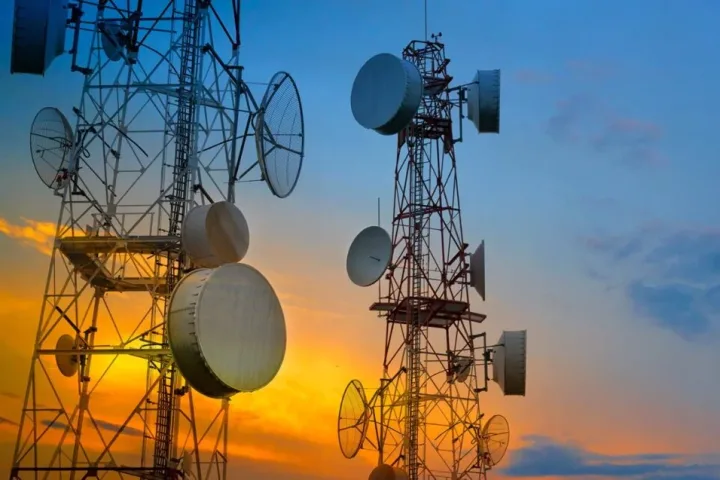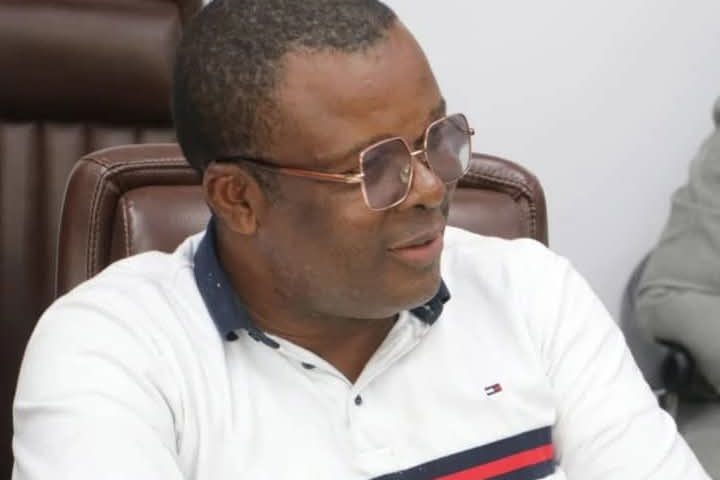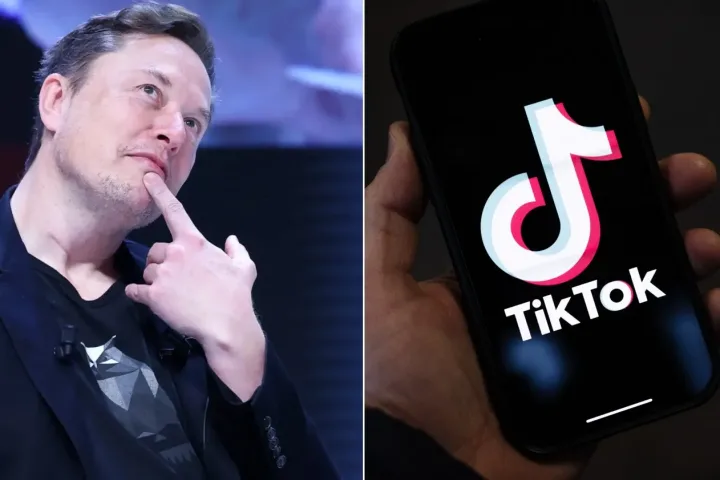Brazil’s President Luiz Inácio Lula da Silva has taken a significant step by signing a bill that limits the use of smartphones in schools. The Associated Press (AP) and CNN reported that the legislation, which will take effect in February, aims to create a safer and more focused learning environment for students in elementary and high schools across Brazil.
Education Minister Camilo Santana emphasised that the goal is to ensure smartphones are used solely for educational purposes under teacher supervision. “We want those devices, as in many other countries, to only be used in class for pedagogical purposes and with a teacher’s guidance,” Santana said during a press conference in Brasilia.
Join our WhatsApp ChannelBroad Support for Smartphone Restrictions in Brazil
The bill has received rare bipartisan support, uniting political factions from both leftist President Lula and his far-right predecessor, Jair Bolsonaro. This consensus reflects a broader societal concern about the impact of smartphones on children.
A recent survey by Brazilian pollster Datafolha found that nearly two-thirds of respondents supported banning smartphone use by children and teenagers in schools. Additionally, more than three-quarters believed that these devices do more harm than good to their children.
Ricardo Martins Ramos, a father and restaurant owner in Rio de Janeiro, shared his perspective, saying, “Restricting cell phones is tough, but necessary. It is useful for them to do searches for school, but to use it socially isn’t good. Kids will interact more.”
READ ALSO: G20 Summit In Brazil: Leaders To Address Global Crises, Climate Action
Students and Parents React to New Policy
Many students, like 13-year-old Isabela, have acknowledged the benefits of the new policy. “When the teacher lets you use the cell phone, it is because he wants you to do searches,” she explained. However, she also noted that issues such as bullying and harassment remain unaddressed by this policy alone.
Gabriele Alexandra Henriques Pinheiro, a mother of a child with autism, also supports the restrictions but highlighted the challenges parents face. “It is tough,” she said. “I try to restrict the time my son watches any screens, but whenever I have a task to perform I have to use the smartphone to be able to do it all.”
Global Context of Smartphone Restrictions in Schools
The trend of limiting smartphone use in educational settings is not unique to Brazil. Countries like China and France have already implemented similar bans, aiming to reduce distractions and improve student well-being. In the United States, eight states have passed laws or policies restricting cellphone use in classrooms to curb distractions and enhance learning environments.
A UNESCO report published in September revealed that one in four countries has already implemented restrictions on smartphone use in schools. This global movement reflects growing concerns about the negative effects of smartphone use among children, including bullying, suicidal ideation, anxiety, and diminished concentration.
Broader Implications and Continued Debate
As Brazil joins this international trend, the debate about the role of smartphones in education and child development continues. The new legislation aims to strike a balance between leveraging technology for educational purposes and protecting students from its potential harms.
Meta CEO Mark Zuckerberg, during a US Senate hearing last year, apologized for the harm caused to children via social media and highlighted ongoing efforts to protect young users. “We are committed to investing in industrywide efforts to safeguard children,” Zuckerberg stated.
With this new policy, Brazil hopes to create a more conducive learning environment while addressing the broader societal challenges posed by smartphone use among children.
Emmanuel Ochayi is a journalist. He is a graduate of the University of Lagos, School of first choice and the nations pride. Emmanuel is keen on exploring writing angles in different areas, including Business, climate change, politics, Education, and others.


















